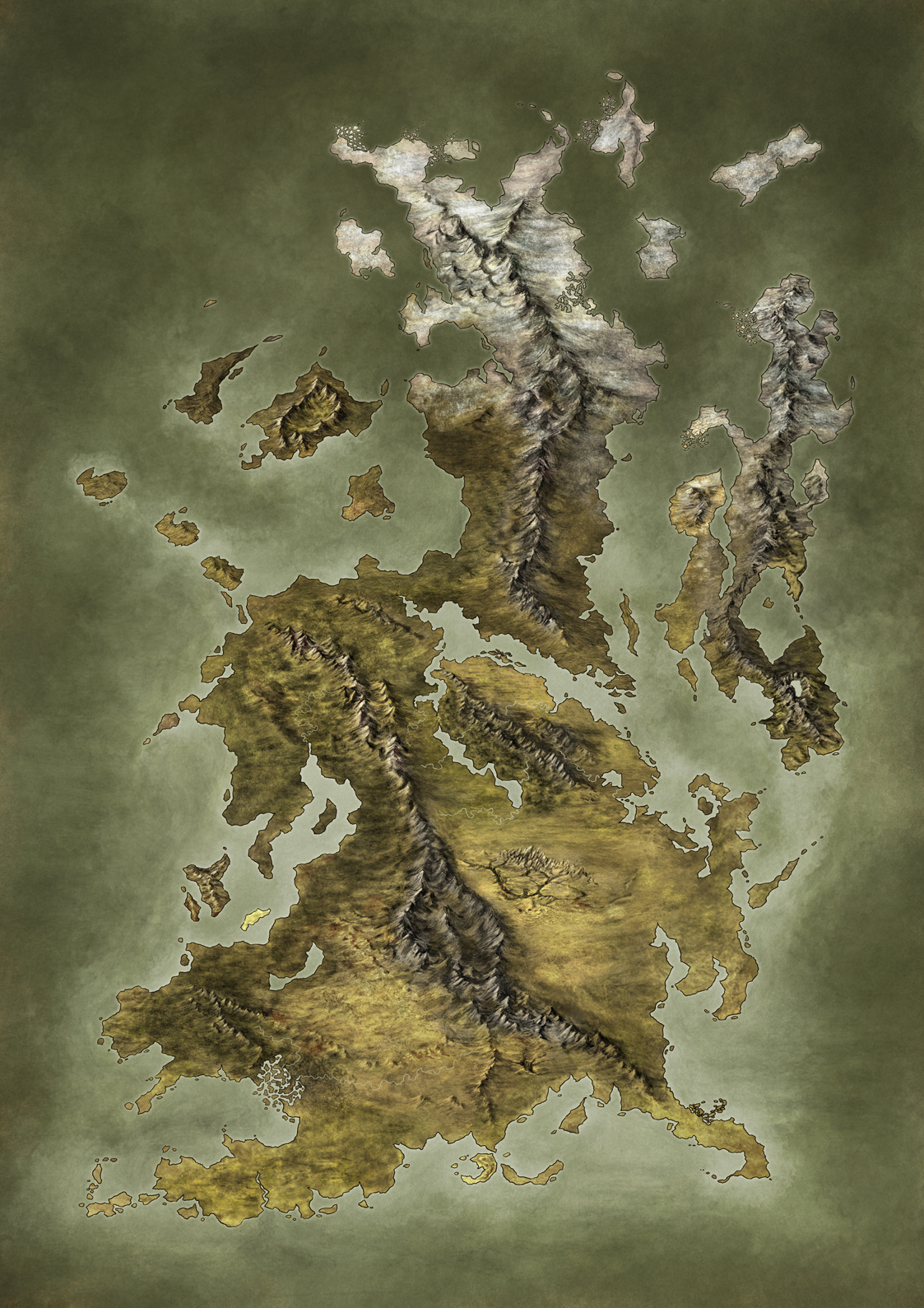So I had a thought, and it was following playing both Numenera and D&D 5th edition lately. In either game, there are classes present, subtly in the prior, overtly in the latter. The way the games function, and how the characters act out based on and despite of their class, got me thinking on why classes were retained as a feature, despite moving away from the wargaming roots.
Thougths
My thoughts about classes are mixed for all kinds of reasons, but now I find a warmer spot for them in my heart. The complexity of the 3rd and 4th editions of D&D had turned me off them, but D&D's 5th edition had given me a chance to rethink why exactly I had issues.
I've found out that I do not actually have issues with the concept of classes. The idea that a character had spent their formative years learning a specific trade or, in this case, class, is more than OK - it makes sense. In this regard, I find classes logical, since they provide a lens on the character and their life before being generated.
But I still have issues with classes, despite it. For starters, in some games, a wealth of information and in-game-world choices are present. If a game were to be set in modern times, it would make very little sense to me to rely on classes. If the game is fantastic, or medieval, a different issue rises: multiclassing. I honestly multiclassing has no room in fantasy gaming, unless it is handled like older D&D did it - once you pick up a new class, you can't return to an old one*.
So the train of thought continued and brought me back to my game: why do I not have classes in my game? The answer feels half-hearted: because it restricts the move from concept to on-page character. Restrictions apply due to setting, so you won't find Earthbenders from Avatar in Steampunk England, nor would you find a wuxia hero in a pre-historical hunter-gatherer style game.
But when you look beyond the restrictions of setting, classes seem to restrict in less-ideal ways. Let's use D&D 5th edition for some examples, since it's the most essentially flexible of the bunch. Let's take the Eldritch Knights path for the Fighter. This path talks about wizard-mixed fighters with strictly abjuration or evocation spells - defense and offense. Spells only up to 4th level and a limited amount of them. Assuming we define within the spell levels allowed, you cannot have an Eldritch Knights with Alter Self, See Invisibility and Dimension Door, for a type of spy-counterspy Knight. If you wanted this, you would have to houserule or multiclass. If the GM has chosen to not do the first and not allow the second, the player has a concept that they cannot realize and that chafes for me.
I think that, in the bottom line, I am torn - classes give a very clear outline of who the character sees themselves to be. As far as I know, the vast majority of people in the past several thousand years required a very good reason to change how they were going about their lives. In the context of fantasy RPGs, for a wizard to dip into fighter there would need to be a very major event in their lives, as would the other way around. But in the same time, classes are restrictive in their nature and even the most flexible systems leave things to be desired.
Discussions
The term discussions serves two purposes for me: the first is to open the floor for discussions, while the second is to point at a subject as something I am not sure about. Below I have a few such discussions for which I would like comments, replies and actual discussion to come up. My thoughts are laid out, in part, above and, while they may change, will direct what direction I want to take with the discussions.
Additionally, before the discussions, are some relevant mechanics from my game, as it is the primary subject of the discussions:
- Currently, characters receive some definition by spreading points between 3 pillars: warrior, specialist and arcanist, which describe the 3 primary types of characters: combat, non-combat and esoteric. Besides providing advantages, these pillars have no other mechanical use as of yet.
- The number of skills which describe character roles and capabilities stands at 17, though this number will change. These are grouped under attributes and are as general as I was able to get them, with skills like Combat and Knowledge.
- Nearly everything comes in 4 levels which map to beginner through master.
- The issue with which way to take, classes or classless, stands strong for me now. So does multiclass - or picking up new skills out of the blue. I prefer to remain classless, but then a skill system needs boundaries as to what skills may be picked up and I'm not sure how to work this out.
- If restricting multiclassing, the question of when the restriction lifts is a big one. As this is restriction, rather than banning, when does the restriction lift, how and where does the limit for lifting stands? If for skills, how to even model that?
- The pillars currently serve a small but relatively significant role, providing an image of the character which could be filed under multiclassing from the get go. This fails, though, to help map out progression, which is where multiclassing fails for me. I'm not sure if to rely on the pillars for a solution at all.
---
*I recall this from Baldur's Gate, so I suppose the right older D&D is AD&D.
